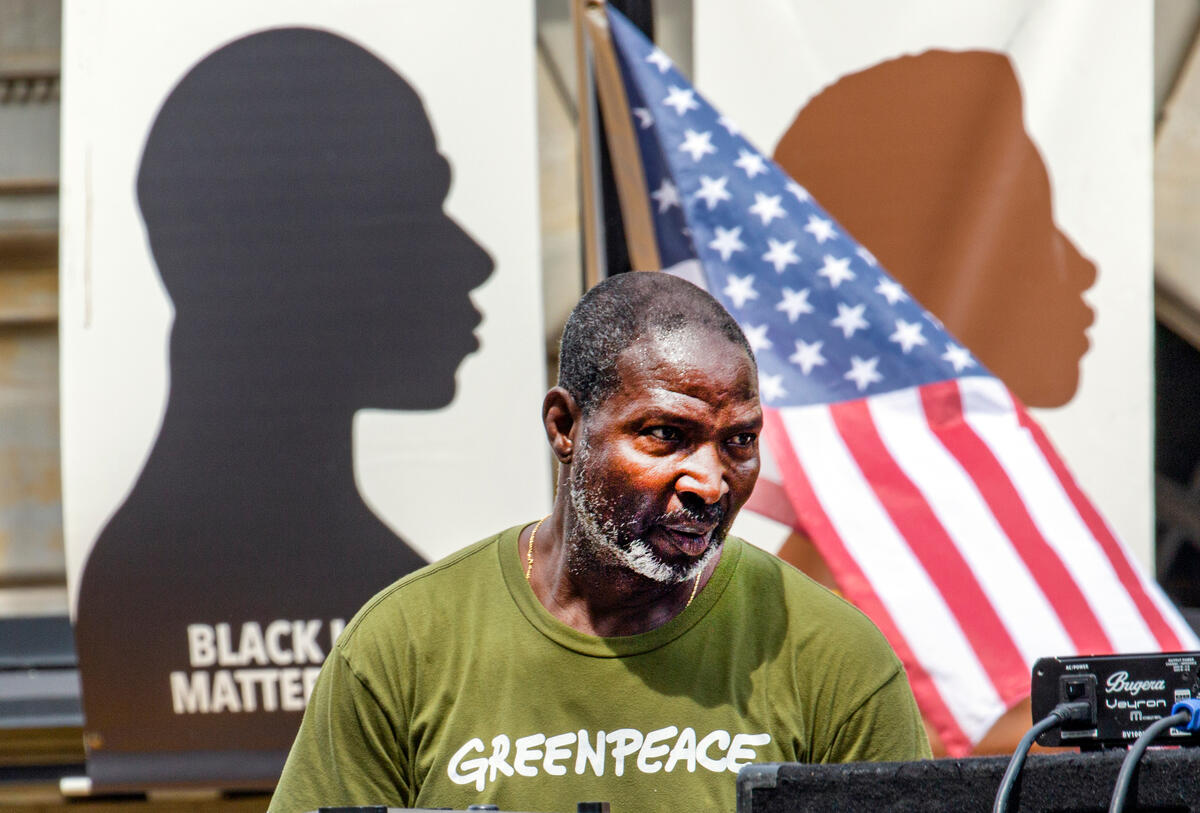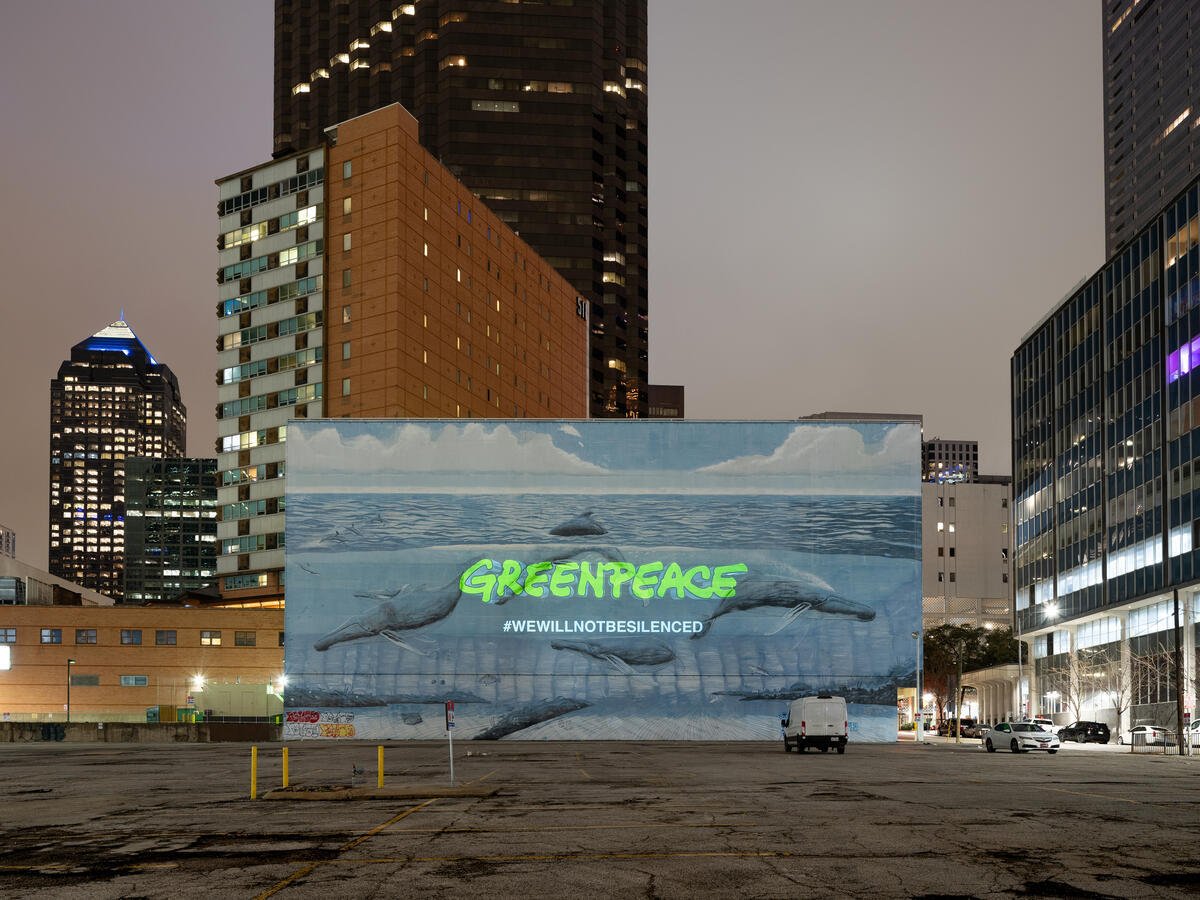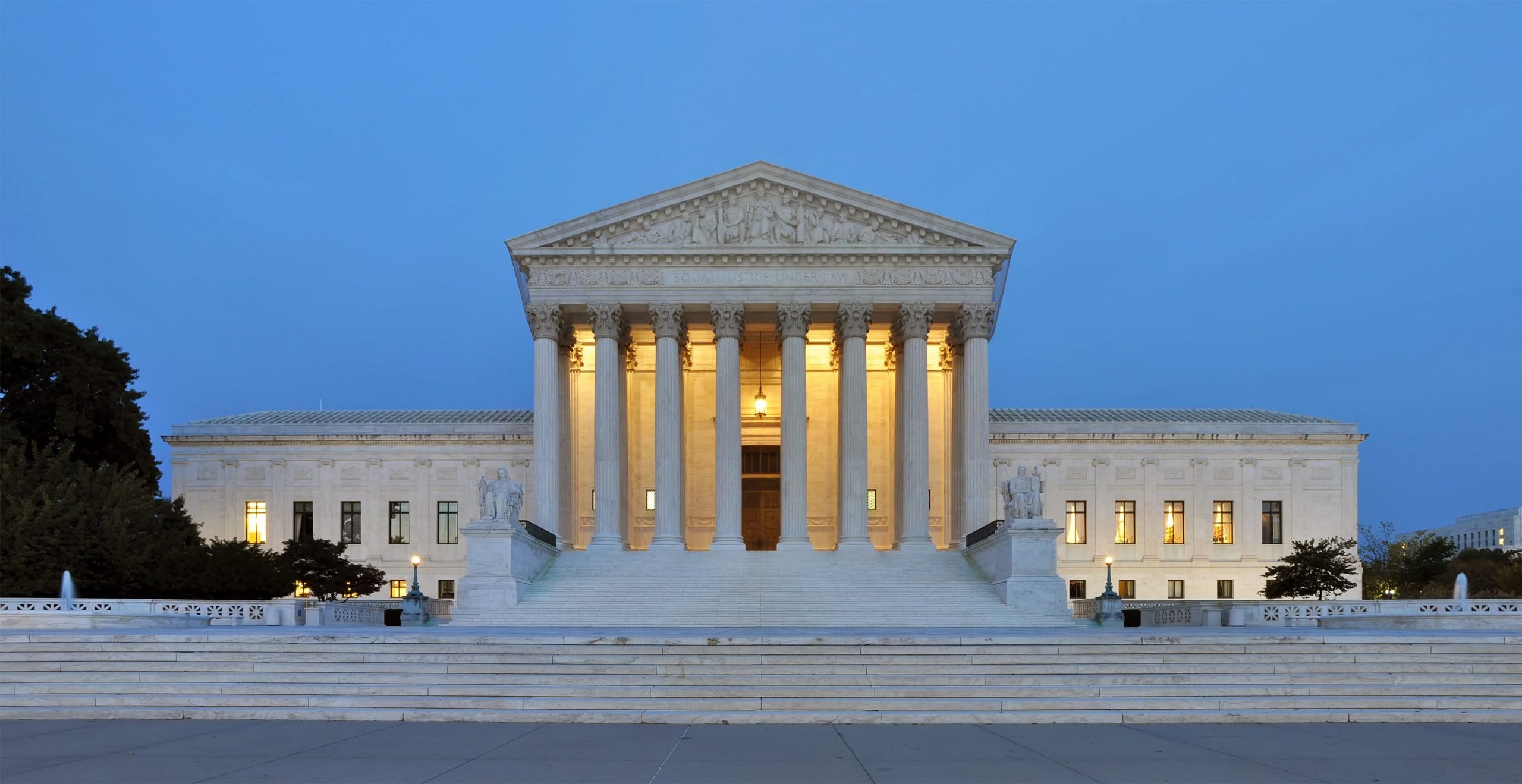Standing with migrants, displaced peoples, and families
People move for many reasons. Some seek opportunity. Some chase dreams. But for many, leaving home isn’t a choice—it’s the only way to survive. When war, economic collapse, persecution, or disaster make staying impossible, people must go—because the alternative is not an option.
Migration isn’t new—and it most certainly isn’t political. It’s human. From the very beginning, movement has been an evolutionary survival instinct—our most fundamental response to crisis. When danger arises, when conditions collapse, when a place can no longer sustain life, we move. We always have.
Climate crises and disasters aren’t always the reason people move—but it can be a powerful force that pushes instability past the point of no return, taking existing crises—war, poverty, political collapse—and driving them to breaking points that no one can outrun. And despite the fear mongering, most displaced people don’t cross borders—they move internally, trying to rebuild in the only homeland they’ve ever known.
What happens next, how we choose to respond, defines who we are.
Do we embrace migration for what it is—not just an act of resilience and survival, but an unshakeable driving force behind our shared history, woven into the fabric of our humanity? Or do we meet it with walls, punishment, and division—turning away from the very instinct that has carried us forward and ensured our survival for centuries?
The crisis isn’t that people are moving—it’s that systems are failing
Movement in and of itself is not a crisis. The crisis is what forces people to leave. The crisis is unchecked corporate and political greed, governments and politicians that refuse to act, and policies that persecute and make it difficult for people to survive where they are.
The real emergency isn’t that people are seeking safety—it’s that all too often bad actors in power respond in turn with brute force, racism, and scapegoating—embracing militarized borders, mass criminalization, and willful abandonment over compassion, empathy, and humanity.
They view people and families seeking refuge as a tool to be leveraged—a talking point to exploit, a crisis to manufacture, a wedge to drive between us. And the only solutions they offer are those that best serve themselves.
While “strongmen” and authoritarians like to prop up false solutions like force and derence, we know those strategies don’t work and will never honor human dignity. They believe in division and control. We believe in humanity.
A future defined by who we choose to be
We at Greenpeace USA believe that we aren’t just facing a crisis of policy—we’re facing a crisis of humanity. This isn’t about numbers, borders, or economies. It’s about humanity—who we are, what we stand for, and how we choose to meet each other in times of need.
When people are forced from their homes, we have a choice: Do we turn away and pass our fellow brothers,sisters and siblings off as expendable? Or do we extend our arms, recognizing that their survival is tied to our own?
We believe fiercely in the latter. That means:
- Making it possible for people to rebuild their lives after disaster, war, and economic collapse—wherever they are. Not just cleaning up after destruction, but ensuring people and families can stay, thrive, and build something new.
- Defending the right to seek safety with dignity. Expanding pathways that reflect reality—because displacement isn’t just about climate change. It’s about collapsing economies, conflict, and persecution—worsened by a world in crisis. And whether we acknowledge it or not, these forces are already reshaping the very communities we live in.
- Recognizing that welcoming people doesn’t just make us stronger—it makes us whole. Communities that open their doors don’t just offer refuge—they create belonging, rebuild what was lost, and prove that humanity is not bound by borders.
- Holding accountable not just polluters, but every bad actor who fuels these intersecting crises and then turns around and profits from fear. The corporations, the politicians, the power players who weaponize and exploit the suffering of our fellow people to serve their own agendas.
- Solidarity in action: We have spent a half century building a culture of solidarity, proactivity, and collective action, standing alongside our neighbors in the fight for justice and human rights. But we are not just bearing witness—we are catalyzing a counter-power, forging movements bold enough to challenge the corporations and institutions that put profit over people. Through deep relationships, courageous learning, and unwavering commitment, we are building something greater than resistance alone. We are creating organized, powerful movements that stand in solidarity—not just when crisis strikes, but every day, in every struggle.
People have always moved. We always will.
The only question is whether we will meet one another with scornfulness, walls, and punishment—or with compassion, courage, and humanity. History will remember the choices we make today.
Will we turn against our neighbors? Or will we build a future where all of us belong?
We know where we stand: with working people and our communities—not with the billionaires who exploit them. We are here to win justice, not just demand it. And together, we will.



